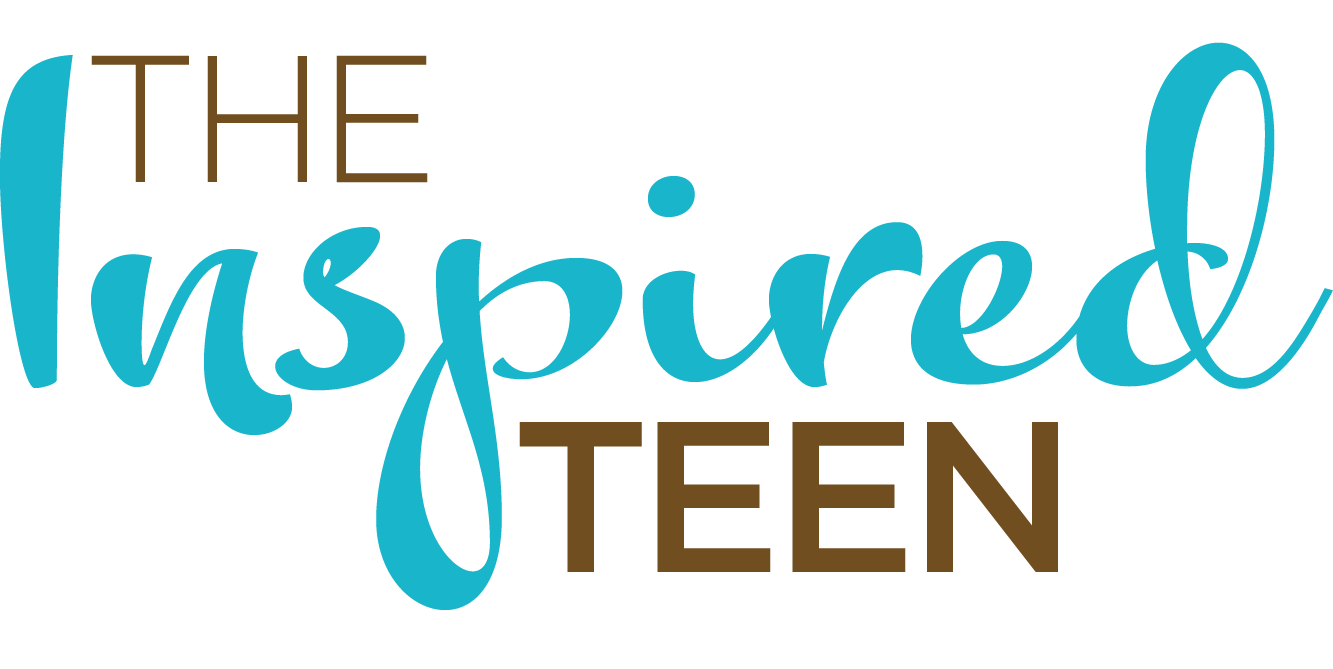February - Healthy Relationships
Parent Resources
5 Ways to Help Your Teen Build Healthy Romantic Relationships
Book: Queen Bees and Wanna Bees by Rosalind Wiseman (the movie Mean Girls is based off this book)
Book: Masterminds and Wingmen by Rosalind Wiseman
12 Peer Pressure Conversation Starters - my blog
Parent Teen Night Ideas
Discuss the types of friend-posers in this article. Has your teen seen someone be one of these? Have they ever been one? Why?
Watch a movie like Mean Girls and discuss the relationships in it.
Talk about the green and red flags in relationships. See the conversation starters below for some specific questions. You can also check out my blog post in this here.
Make a list of the things you value in either a friend or a romantic partner. If you want to make it a game, list all the letters of the alphabet on a whiteboard or piece of paper and try to come up with as many things as you can (one per letter) in two minutes. The winner gets a treat.
The Difference Between Healthy and Unhealthy Love
This Ted Talk by Katie Hood about the signs of an unhealthy relationship needs to be watched by every person on this planet. This will spark a great discussion about healthy vs unhealthy relationships that your teen needs to have with you.
4 Differences Between Toxic and Good Friends
This short 6-minute illustrated video by Psych2Go shares four differences between toxic friends and good friends. Share a few instances from your own life when you have had both toxic and good friends.
This 12 minute Ted Talk by Isabelle O’Carroll is all about crushes and why we get them. This would be a great time to talk about crushes you have had and if your teen has any.
Take the love language quiz and discuss how knowing someone’s love language can improve your relationship with them.
Untold: The Girlfriend Who Didn’t Exist
This Netflix documentary tells the story of Manti Te’o, an NFL football player who was catfished by a man who pretended to be a woman (Manti’s girlfriend) for two years. It is a crazy story that will bring up some interesting points of conversation.
Conversation Starters
Talk to your teen about both healthy and unhealthy relationships you have been in. Discuss questions like:
-How did you create a healthy relationship/friendship?
-Why have you stayed in an unhealthy one?
-What made you move on from a relationship?
Discuss what it means to be trustworthy and how we know we can trust people.
Ask them what they like about each of their friends. If you feel like your teen will be receptive, you can also ask them if there is anything they don’t like, but teens tend to get defensive of their friends quickly.
“How can you tell when someone is being genuine with you?”
“What do you think makes a relationship feel safe and respectful?”
“Have you ever seen a relationship—real or in a show—that made you think, ‘That’s not okay’?” What stood out to you?”
“What kind of boundaries do you think are important in a close relationship?”
“Do you think people can be too loyal in friendships or relationships?”
“What’s the difference between someone liking you for you and someone liking the idea of you?”
“How do you like to show people you care? And how do you like others to show it to you?”
“Have you ever felt pressured to be someone you’re not to keep a relationship going?”
“If a friend or partner was treating you poorly, what would you want someone to say or do to help you see it?”
Levels of Intimacy - use this to talk about what types of things we discuss with different types of people. This works for all types of relationships, not just romantic ones. The blog posts that go along with this are here and here.
Things to watch out for:
Your teen doesn’t have any friends at all, or they are often lonely.
Your teen feels like no one likes them.
Your teen is being bullied or is bullying others.
Your teen is sharing too much information online and doesn’t understand when and how to share personal information.
Your teen’s friendships don’t mature over time.
You see red flags in their relationships.
They get too physical too fast in romantic relationships.
It seems like their self-esteem relies solely on what other people think of them (this is really common for young teens but it should lessen as they age). Make sure they have other hobbies and interests, too.

